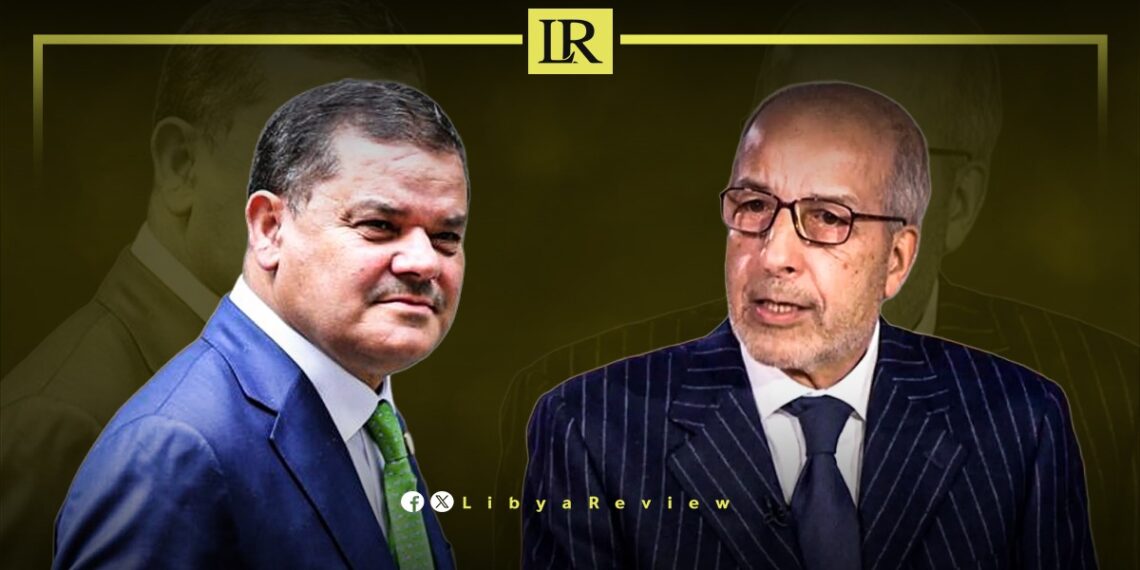The Governor of the Central Bank of Libya (CBL), Al-Siddiq Al-Kabir, has attributed the country’s escalating dollar price to the government’s “uncontrolled” spending.
In a letter addressed to Prime Minister Abdul Hamid Dbaiba, Al-Kabir pointed out that the government’s expansionary policies, particularly its emphasis on consumption, have significantly heightened the demand for foreign currency.
He highlighted a substantial surge in government spending, from 120 billion dinars in 2021 to 165 billion dinars in 2023, with a significant portion allocated to salaries and subsidies.
Al-Kabir criticized the decision to raise salaries and increase grants, cautioning against exacerbating the situation in the long term.
The Governor urged immediate measures to address the crisis, including halting parallel spending of unknown origin, approving a unified budget for Libya, rationalizing expenditure to safeguard state reserves and future generations’ rights, diversifying income sources, empowering the private sector, enhancing oil production and exports in the short and medium term, and prioritizing comprehensive development spending.
Al-Kabir’s letter coincides with mounting public discontent over Libya’s soaring cost of living. The dinar has depreciated by more than half against the dollar in the past year, making it increasingly challenging for citizens to afford basic necessities.
While the government contends that its spending is essential to stimulate the economy and enhance citizens’ lives, critics argue that such policies are unsustainable and will exacerbate economic woes.
The divergence between the government and the central bank has intensified, with the recent surge in the dollar price exacerbating existing tensions.
Dabaiba has yet to respond to the letter, but as things stand, it is evident that Libya’s economic challenges will only continue to worsen.


